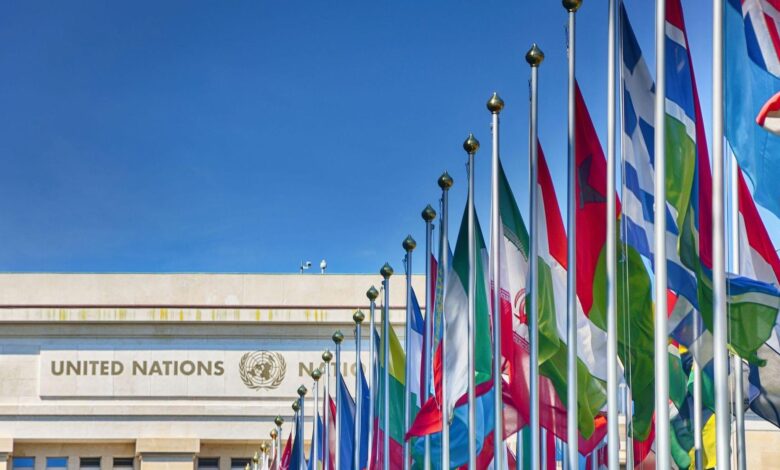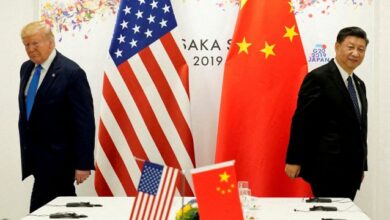The Need for Enhanced Multilateral Cooperation to Combat Terrorism, According to the United Nations

UN Reiterates Importance of Strengthened Multilateral Cooperation in the Fight Against Global Terrorism
On Monday, the United Nations reaffirmed the crucial need for enhanced multilateral cooperation to effectively combat terrorism on a global scale.
Vladimir Voronkov, head of the UN Counter-Terrorism Office (UNOCT), emphasized to the Security Council that no single country can confront the evolving threat of terrorism alone. He underscored that ongoing multilateral collaboration is essential to counter this menace.
During the presentation of the 20th report from the UN Secretary-General regarding the organization’s efforts to aid member states in their fight against terrorism, Voronkov reminded attendees that the landscape of terrorism continues to evolve, necessitating collective and coordinated action. He pointed out that despite the persistent efforts of member states and international and regional partners, ISIS remains resilient, constantly adapting to its environment.
The resilience of terrorist groups highlights the importance of sustained international collaboration. According to Voronkov, it is critical for member states to prioritize comprehensive and lasting responses that address the underlying factors contributing to terrorism.
He also recalled that during the adoption of the Pact for the Future last September in New York, member states reaffirmed their commitment to a future free from terrorism, promoting an inclusive approach that involves all governments and societies.
Voronkov stressed the necessity of translating these commitments into concrete actions, favoring sustainable solutions that tackle the root causes of terrorism. He added that the UN, through its Global Counter-Terrorism Coordination Compact, remains determined to support member states in these efforts.
In the same vein, Natalia Gherman, Under-Secretary-General and Executive Director of the Counter-Terrorism Committee (DECT), highlighted the complexities posed by ISIS, including humanitarian, security, and governance concerns in affected regions. She emphasized the importance of a preventive approach, grounded in respect for human rights and regional cooperation, noting that ISIS’s exploitation of instability in certain areas underscores the need for sustained international collaboration.






